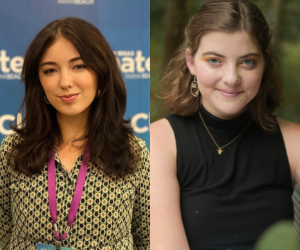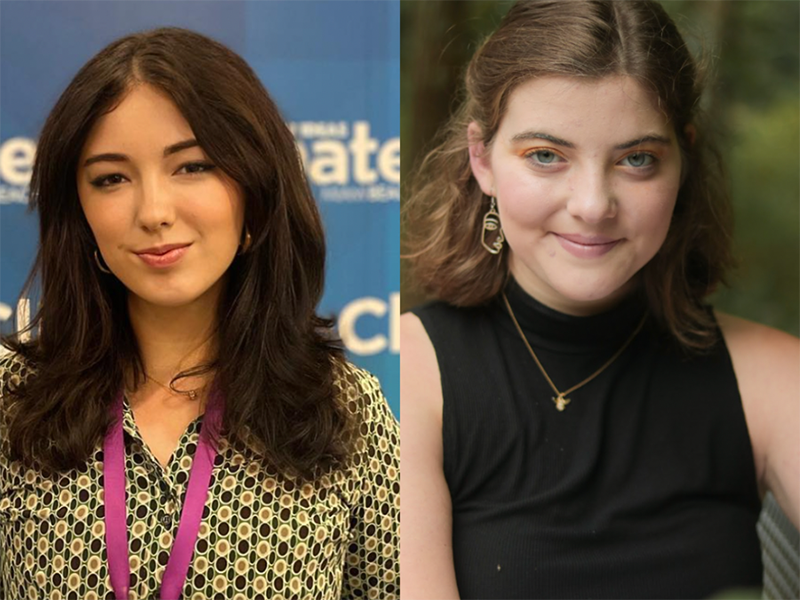Two U of A students have been selected for the highly competitive Campus Climate Network’s Climate Finance Fellowship. Helana Alexander and Amelia Southern-Uribe are among only 20 fellows chosen nationwide.
The fellowship includes a $2,500 stipend and an all-expenses-paid trip to Philadelphia for an in-person retreat Aug. 2-5, 2024. Fellows will commit to organizing for environmental justice on their campuses. Southern-Uribe and Alexander’s projects will focus on improving Arkansas’ communities through education and policy through systemic financial commitments. The Climate Finance Fellowship will provide fellows with valuable skills and networking opportunities to further their work in environmental justice and campus sustainability.
Alexander, a junior majoring in communications, serves as co-president of Zero Hour Arkansas. “I hope to gain a network of national and international individuals to collaborate on different environmental justice initiatives,” Alexander said. “This opportunity will help me learn how to effectively market campaigns and educate the public, especially on a college campus.”
Southern-Uribe is a senior pursuing degrees in advertising/public relations and political science. Southern-Uribe is the founder and president of Zero Hour Arkansas and director of southeastern chapters for This is Zero Hour National. Southern-Uribe’s campus initiatives have led to the diversion of over 238,000 pounds of waste, the distribution of 500 menstrual cups and access to 450 free environmental education zines for students in Arkansas.
About Zero Hour Arkansas: Zero Hour Arkansas is a climate justice community and student organization amplifying BIPOC and other historically excluded voices from the environmental movement. We merge science, cultural wisdom, and creativity through curriculum and interactive learning experiences to connect individuals with their local communities to root their environmental practices in equity and inclusion.

















